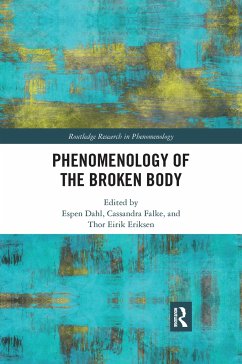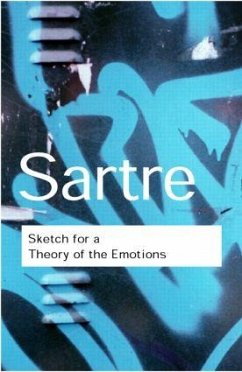
The Abyss of Madness
Versandkostenfrei!
Versandfertig in 1-2 Wochen
58,99 €
inkl. MwSt.

PAYBACK Punkte
29 °P sammeln!
Despite the many ways in which the so-called psychoses can become manifest, they are ultimately human events arising out of human contexts. As such, they can be understood in an intersubjective manner, removing the stigmatizing boundary between madness and sanity. Utilizing the post-Cartesian psychoanalytic approach of phenomenological contextualism, as well as almost 50 years of clinical experience, George Atwood presents detailed case studies depicting individuals in crisis and the successes and failures that occurred in their treatment. Topics range from depression to schizophrenia, bipolar...
Despite the many ways in which the so-called psychoses can become manifest, they are ultimately human events arising out of human contexts. As such, they can be understood in an intersubjective manner, removing the stigmatizing boundary between madness and sanity. Utilizing the post-Cartesian psychoanalytic approach of phenomenological contextualism, as well as almost 50 years of clinical experience, George Atwood presents detailed case studies depicting individuals in crisis and the successes and failures that occurred in their treatment. Topics range from depression to schizophrenia, bipolar disorder to dreams, dissociative states to suicidality. Throughout is an emphasis on the underlying essence of humanity demonstrated in even the most extreme cases of psychological and emotional disturbance, and both the surprising highs and tragic lows of the search for the inner truth of a life - that of the analyst as well as the patient.














